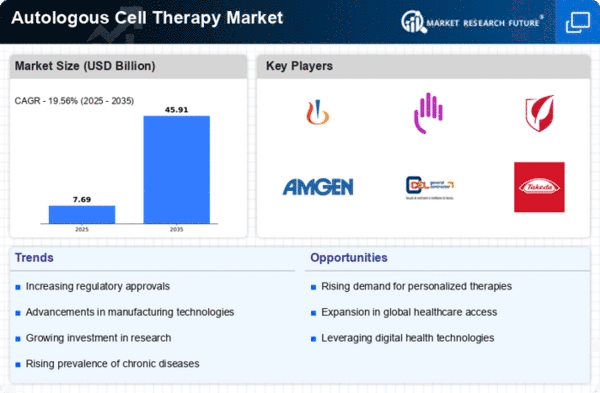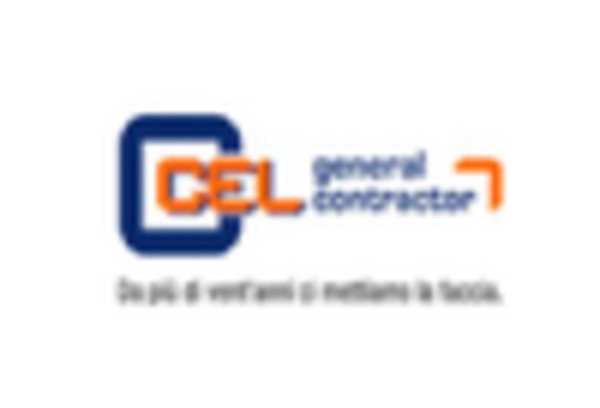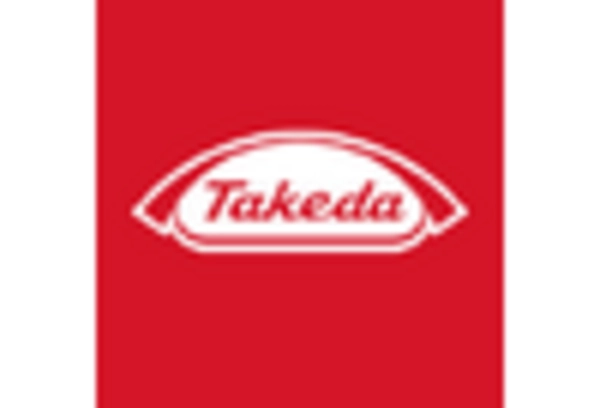Market Analysis
In-depth Analysis of Autologous Cell Therapy Market Industry Landscape
The global autologous cell therapy market is set to reach US$ 30.12 BN by 2032, at a 19.56% CAGR between years 2023-2032. Portrayed by a unique character, the autologous cell therapy market is characterized by dynamic growth due to the several collisions of factors as well as where medical innovation meets personalized medicine and regenerative therapies. Fundamentally, the market is powered by the illusion that a patient’s own cells can be employed in dealing with an array of health-related conditions ranging from various apparitions of degenerative diseases to some cases of cancer. The growing prevalence of chronic diseases is a key driving force for this market growth. Since the populations’ life trajectories around the world are getting constantly occupied with various chronic conditions like cardiovascular diseases, diabetes mellitus, and neurodegenerative disorders; this causes an increasing need of innovative and adequate treatment methods. Autologous uses the cells of one individual which are damaged to be healed or replaced. In this way it provides personized approach that has great promise for addressing personal needs of each patient. The use of new technologies improves the market dynamics in autologous cell surgery. This therapy is based on the use of cells that are present in a patient’s body, and continuous studies and implementation of innovations related to cellular biology, genetic engineering, and tissue engineering progress them in this field. Scientific advancement in harvesting, manipulating as well as re-introduction of the cells for therapeutic processes enables an efficient way and safe practice to be accepted widely by individuals. Institutions like hospitals, specialized clinics, and research institutions have an important part in the process of integrating autologous cell therapies into clinical practice and this is because their influence over the dynamics of market participation is rather significant. These individualistic ways are discovered and introduced to establish value-based care, which is characterized by the need for patient results, within the general population. Autologous cell therapies are no longer viewed only as an honor of novelty by medical professionals, but rather as a genuine innovation that has the potential to change treatment norms in medically relevant fields where standard treatments have insufficiencies. The most important aspect in the market of autologous cell therapy is to take regulatory compliance into consideration. In light of the peculiarity in manipulating human cells to treat diseases, associating regulations accompanied autologous cell therapies development, manufacturing and clinical utilization. The soul factor for companies conducting their activities in the market is compliance with the above regulations, which ensures that products prepare during product development does not deviate from clinical trial protocols as wellness and local authorities for a specific market approval. Economic aspects such as the share of health spending, reimbursement issues and cost effectiveness influence these trends in a major way. The costing of and reimbursement policies associated with autologous cell therapies correlate directly to their accessibility by a greater number of individuals looking for cures. On the other hand, financial factors are an essential element in deciding uptake rate and penetration into the market for these new forms of therapy. International alliances and research programs serve dual functions – they help advance the autologous cell therapy market while also helping countries involved with the projects.


















Leave a Comment